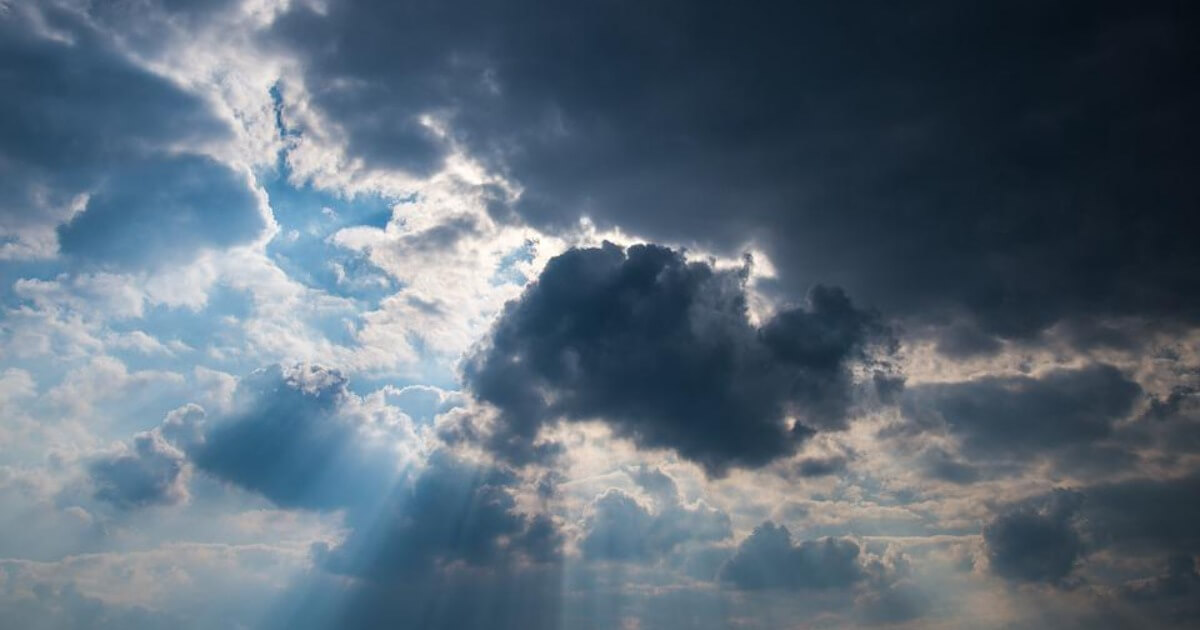The Importance of Dark Sky Preserves
Like the world’s dwindling forests, the stars at night are also in danger of disappearing.
August 1, 2021

How many of us are able to look up and still see a star-flooded night sky the way our ancestors did?
Just like the dwindling forests of our planet, the Milky Way has been blanked out. We haven’t even spared it much thought.
The International Dark Sky Association
In 1988, David Crawford and Tim Hunter, two astronomers, realized how hard it was to track celestial objects due to what is called excessive skyglow. This is the extra light that is trapped overhead in our cities because of electric lighting.
They started the International Dark Sky Association (IDA) in order to make people aware of what we were missing out on by over-lighting our environs.
Reasons to embrace the dark
Who doesn’t enjoy the visuals of a moonlit night, or looking up to see the glimmering stars and celestial phenomena such as the aurora borealis?
Tracking and studying the movement of celestial objects is vital to our knowledge base. In addition, creatures such as sea turtle hatchlings need to navigate by natural light. When disoriented by artificial lights, they travel the wrong way and die in great numbers.
Fireflies, birds and humans
Fireflies communicate by their own glow and often get confused by the pinpricks of electric lights that surround them.
Likekwise, migrating birds have been known to go off-piste and lose their way at night, following the wrong cues.
Natural melatonin and dark skies
We also know now that the dark is important for our own human wellbeing. Melatonin, naturally produced by the body in the dark during the sleep cycle, inhibits disease.
However, as we are ever more entranced by televisions, laptops, tablets and our mobile phones late into the night, we are not giving our bodies a chance to rest and regenerate.
Air pollution
In addition, even though most people do not connect switching on lights with making our air quality worse, in many countries around the globe, including India, electricity is produced from burning biofuels and coal.
According to the energy portal, Breaking Energy, a 100-watt lightbulb, if left on each night for a year, uses energy equivalent to that produced by 714 pounds of coal.
Repossessing the dark
All of which explains why the International Dark Sky Association has been awarding Dark Sky Status to places that are natural preserves of the dark and have shown a genuine commitment to maintaining it.
Over 115 places have been awarded this status so far. Some of the darkest skies can be enjoyed in the Atacama Desert in Chile, the Aoraki Mackenzie Reserve in New Zealand and Kielder Forest in Northumberland, England.
And Niue (pronounced new-ay), a 100-square mile island in the Pacific Ocean is the world’s first nation to have Dark Sky Status.
Firmament and forest
To experience a dark-sky zone first-hand, I headed north from London to Kielder Forest, a 580 square-mile manmade forest and lake in Northumberland. It has a couple of tricks up its sleeve.
Silviculture – establishing forests and woodlands – is one of them.
A working forest
Kielder is a working forest. Around a hundred years ago, anticipating the need for wood in the decades to come, the Forestry Commission of England began planting Sitka spruce trees for the purpose of harvesting them after 30 or so years of growth.
It turned out to be a brilliant idea as it prevented depletion of ancient forests and trees in areas of human habitation.
An army of trees
Millions of these giant stalwarts have provided wood over time for constructing homes, factories, ships, kindling and much else. Various zones are systematically harvested and re-planted in the spring with great care.
Over the days, my friend and I trekked the beautiful lakeside trail, taking in the impressive armies of 80-foot-high spruce trees that stood around us. Oaks, birch, rowan beech, Scot’s pine and other native species are planted around the trails.
Night skies at Kielder
The profusion of wildflowers and swaying grasses made the vistas even more winsome and the soulful art installations that were dotted all over turned into a treasure hunt.
At night, the lack of artificial light allowed the skies to bloom and the stars to emerge one by one, until the vault overhead twinkled from one horizon to the next.
Conclusion
All of us want to breathe air that is as pure as possible, but cognitive dissonance comes in the way. We must make the link between excessive and wasteful use of electricity and putting carbon in the air.
The International Dark Skies association urges us to only use light when we need it and where we need it.
Takeaways
Just like the dwindling forests of our planet, the Milky Way has been blanked out from our skies. And we haven’t spared it much thought.
There are many reasons to embrace the dark. Animals like turtles, fireflies and birds are unable to navigate in artificial light. Human wellbeing also needs it.
Hooked to televisions, laptops, tablets and mobile phones late into the night, we are not allowing our bodies to regenerate.
Niue, a 100 square mile island in the Pacific Ocean is the world’s first nation to have Dark Sky Status.
A hundred-watt lightbulb, if left on each night for a year, uses energy equivalent to that produced by half-a-ton of coal.
We all want to breathe pure air, but cognitive dissonance comes in the way. There is a link between excessive, wasteful use of electricity and putting carbon in the air.
Read previous

Global Governance
The Death of a Brother
July 31, 2021
